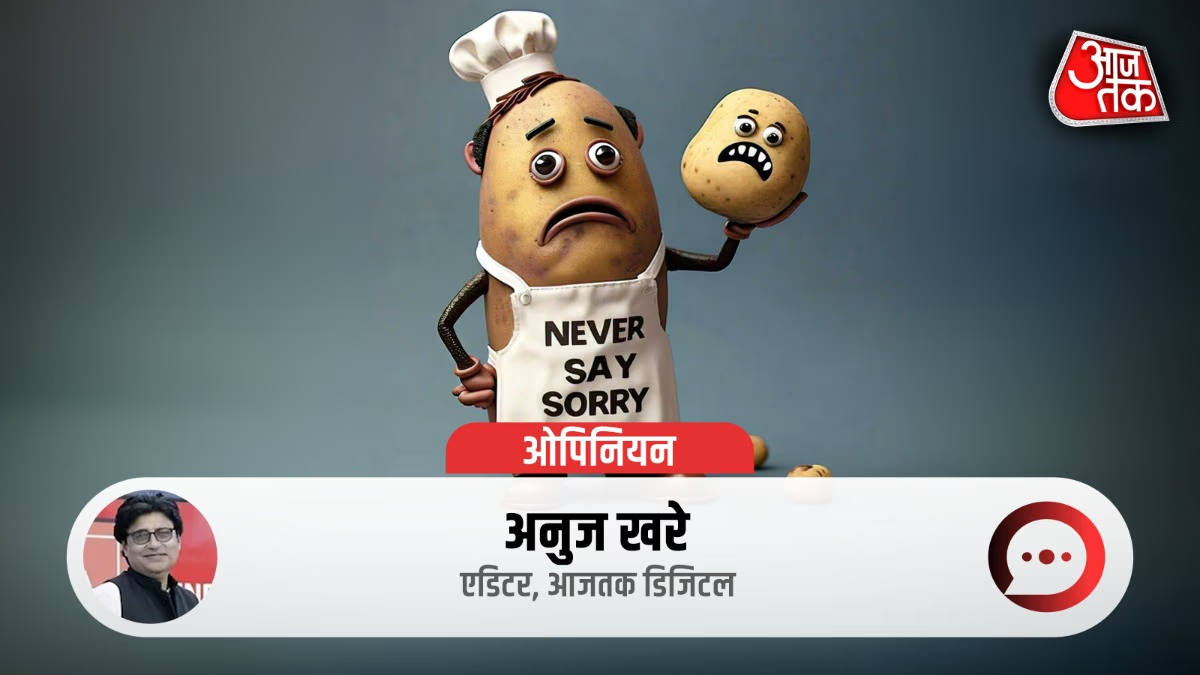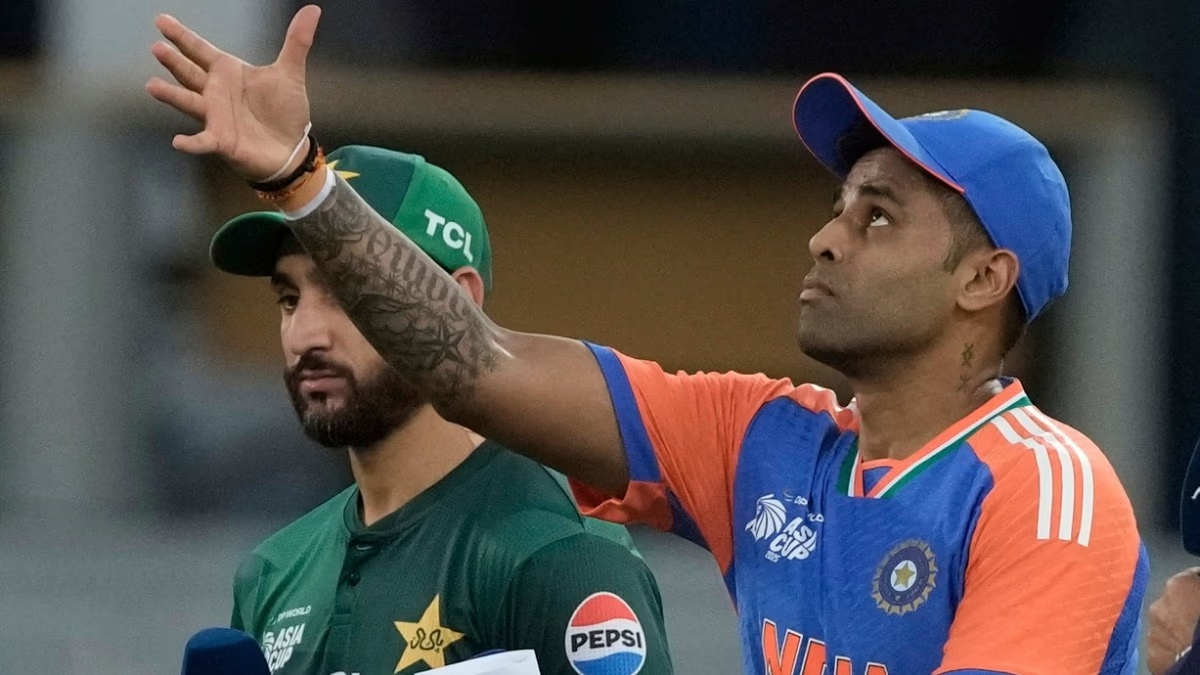Meanwhile in Britain...
Former British PM Rishi Sunak apologized to the country for the Conservative Party's worst performance in the general election. He then praised his rival, Keir Starmer, who will be the next Prime Minister of the UK, extensively.
However, in our country,
The politics in Maharashtra is in turmoil over the collapse of the 35-foot tall statue of Shivaji in Sindhudurg. Parties like Shiv Sena (UBT) and NCP, along with other opposition parties, are demanding an apology from the Shinde government. There are accusations and counter-accusations. They are even blaming the Navy, but no one is apologizing.
Why is Apology So Priceless in Politics?
Why don't politicians in our country want to apologize? What does it cost them to seek an apology? When we look at political history, it seems like apologizing has become a difficult word, or rather, our politicians have made it so. Let’s talk about this word today and include common people in the discussion. We should also consider the difference between apologies from politicians and those from ordinary people. Why are politicians reluctant to apologize?
The Psychology of Apology
Before talking about political apologies, let’s first understand the psychology of an apology. In a notable case involving Prashant Bhushan, political analyst Yogendra Yadav pointed out some significant aspects of apologies. He mentioned that there are five essential conditions for a proper apology. The first is that something wrong must have happened. It's necessary to feel that a mistake has occurred, something that ethically cannot be justified. Only then will someone apologize for their moral fault. The second condition is having an acknowledgment in the heart, sincerely accepting that yes, a mistake was made. The third is the sense of responsibility, being ready to take on the consequences, acknowledging that I am responsible for the mistake. The fourth is the feeling of regret, feeling deeply sorry that such a mistake happened. The fifth and final condition is a resolve, a determination that such a mistake will not happen again. In summary, sincere regret and resolve are essential for a genuine apology.
Read Also: Cricket’s Political Spin: NGOs, Money, and Power!
Understanding the psychology of apology, let's think about why politicians shy away from it. They avoid apologizing because ...
Compared to the risks of not apologizing, apologizing is an incredible word. From India to America, there are numerous examples where even presidents and ordinary politicians apologized to the people and were not only forgiven but also most revered. American President Bill Clinton made a big mistake but apologized, and people were ready to forgive. Recall the Emergency, when people forgave Indira Gandhi's hated actions and returned her to power. So, apologizing can have many positive effects. For instance,
It shows empathy and accountability.
It reduces tensions and builds trust.
It demonstrates maturity and leadership.
It encourages constructive dialogue.
Then why the shame in apologizing? We can only hope that someday politicians will change their attitudes and come forward to apologize with a genuine heart. Given the changing political scenario, there is hope that this day will come soon. What do you say? Would you say Amen!!
Read Also: Satire: Remember the Sacrifices in the Battle of Wealth and Land!
Extra shot…
Let's lighten this serious discussion with some satire. A while back, I wrote a satire on common man's apology, capturing his helplessness intensely. The common man in this system is so hapless that he doesn't even have a suitable subject to apologize for, although he's ready to apologize for everything. He still has the moral courage and resolve necessary to apologize.
Story of a Common Man's Simple Wish...
I'm feeling a strong urge to say Sorry today. To whom should I say it? If I have the urge, I must say it. I fear that people might look down upon a common man's apology. Suppose I forcefully apologize to someone, what if they start scolding me. Look at my helplessness, I can’t even find a reason to say sorry. Not even a real reason, let alone a fake one. I can’t even remember harming anyone or showing disrespect. What a shortcoming! Are we that hopeless? Can't even fulfill a simple wish. We aren’t even deserving of apologizing? Oh! Oh! Such a moment of despair, a person doesn’t even have a story of notable misbehavior?
In these dire moments of personal attack, I try to review my life's flashbacks. But all the stories of breaking, losing, suffering, and humiliation are mine. There are so many tears of insult that they could fill a big tank. Oh! What a pitiful life I have lived! Can’t even gather a proper reason to apologize.
Titles like 'Looks like I'm wasted' start flashing in my mind. My insignificance is growing further. Such extreme dishonor, Oh Lord! In a common man's life, there’s no activity of meanness?
Meet people, and everyone has plenty of stories of hurting others. People have found opportunities in this area. Only I couldn't due to my weakness! What an animal-like life I have lived!
In every opportunity to hurt others, I've always agreed. Never stood up for my opinion. Never even raised a flag of protest. Never opposed wrongdoings. Kept harmony. Can impotent agreement show anyone a mirror? Without showing a mirror, how will someone get hurt? How will reasons for apology arise? Common man, you ought to be crushed like a cigarette butt for such goodness.
Thus, even a simple wish of an ordinary man isn’t being fulfilled these days. What do you think, was it ever fulfilled? To all such, should I say from your side, forgive me, friend...!




